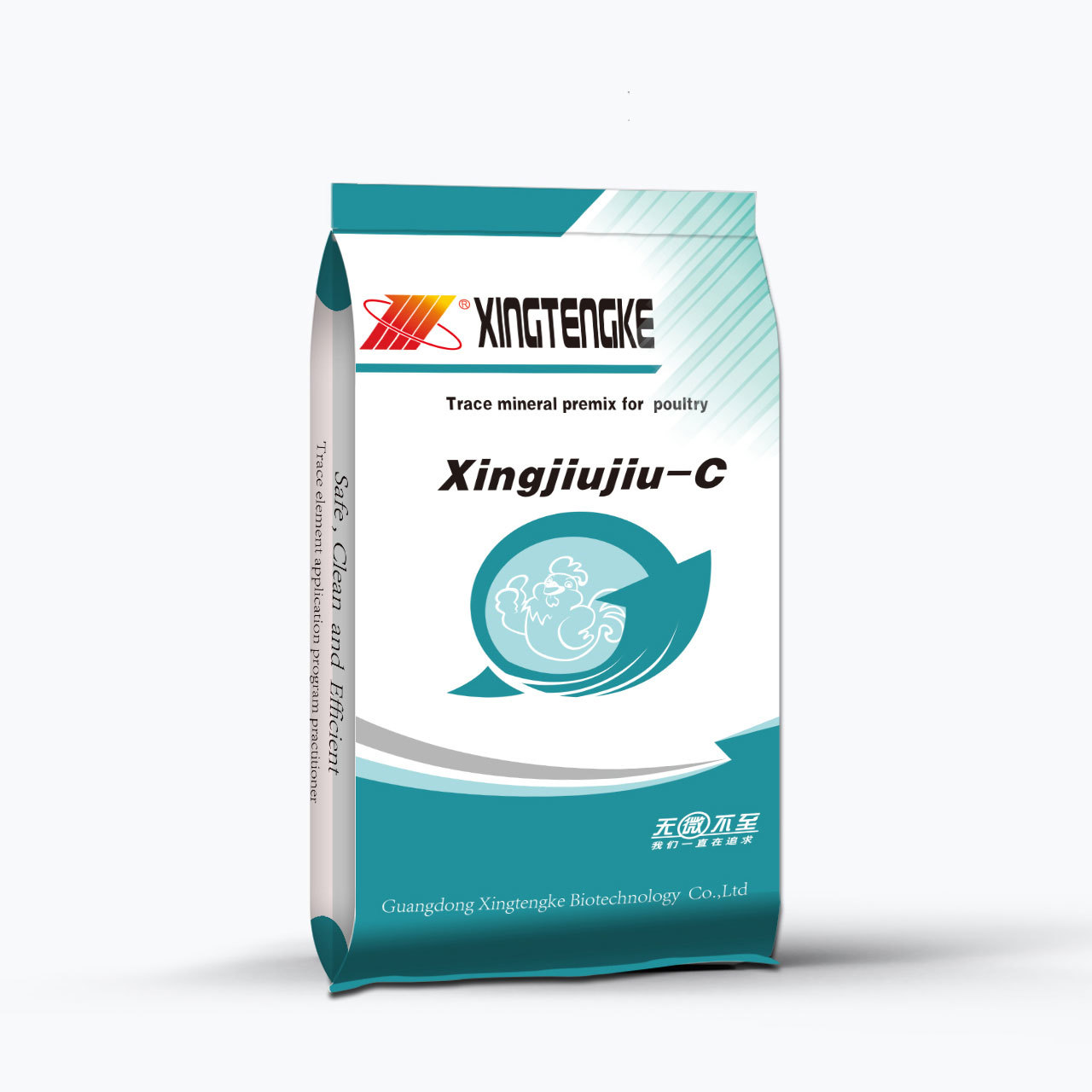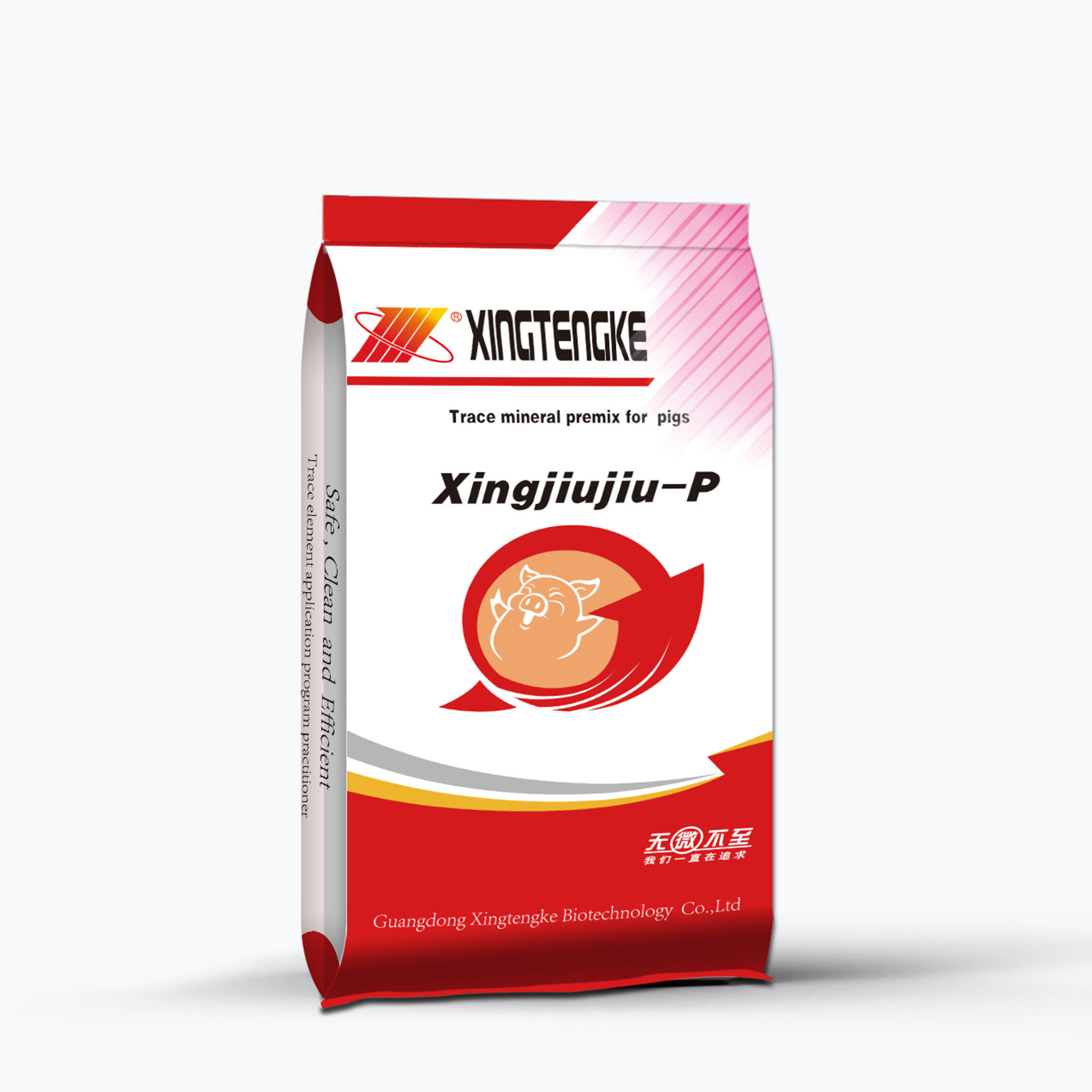Unlocking Animal Health Benefits: The Power of Small Peptide Mineral Chelates
Release time:
2025-08-29 13:53
Source:
Unlocking Animal Health Benefits: The Power of Small Peptide Mineral Chelates
Table of Contents
1. Introduction to Small Peptide Mineral Chelates
2. Understanding the Science Behind Chelation
3. Benefits of Small Peptide Mineral Chelates for Animal Health
3.1 Enhanced Nutrient Absorption
3.2 Improved Immune Function
3.3 Optimal Growth and Performance
4. The Role of Peptide Chelates in Livestock Nutrition
5. Comparing Small Peptide Chelates with Traditional Mineral Supplements
5.1 Bioavailability and Efficacy
5.2 Safety and Side Effects
6. Considerations for Using Small Peptide Mineral Chelates
6.1 Dosage Recommendations
6.2 Selecting Quality Products
7. Case Studies on the Impact of Peptide Chelates in Animal Health
8. Frequently Asked Questions (FAQs)
9. Conclusion
1. Introduction to Small Peptide Mineral Chelates
Small peptide mineral chelates represent a groundbreaking advancement in the field of animal nutrition. These compounds form stable complexes with essential minerals, facilitating their absorption and utilization in the body. Unlike traditional mineral supplements, small peptide chelates enhance the bioavailability of minerals, making them a vital component in achieving optimal animal health. As we delve deeper into the topic, we will explore the mechanisms and benefits that make these chelates indispensable for livestock and pets alike.
2. Understanding the Science Behind Chelation
Chelation is a biochemical process where a chelating agent binds to a metal ion, creating a complex that can be easily absorbed by the body. Small peptide mineral chelates specifically involve the binding of small peptides—short chains of amino acids—to minerals such as zinc, copper, and manganese. This interaction alters the mineral's chemical properties, promoting better absorption through intestinal walls and reducing the chances of forming insoluble compounds that would otherwise be excreted.
3. Benefits of Small Peptide Mineral Chelates for Animal Health
The advantages of incorporating small peptide mineral chelates into animal diets are profound.
3.1 Enhanced Nutrient Absorption
One of the primary benefits of small peptide mineral chelates is their ability to improve the absorption of essential minerals. When minerals are chelated with peptides, they are protected from interactions with other dietary components that can inhibit absorption. For instance, in the presence of phytates found in grains, traditional minerals may not be easily absorbed. Conversely, peptide-bound minerals remain bioavailable, ensuring that animals receive the nutrients they require for optimal health.
3.2 Improved Immune Function
A robust immune system is critical for the health and productivity of animals. Small peptide mineral chelates play a significant role in enhancing the immune response. Minerals like zinc and selenium are known for their immunomodulatory effects. By improving the bioavailability of these minerals, chelates help bolster the animal's defenses against diseases, thereby reducing the incidence of illness and promoting overall well-being.
3.3 Optimal Growth and Performance
For livestock and pets, proper mineral nutrition is crucial for growth and performance. Small peptide mineral chelates contribute to improved weight gain, feed conversion efficiency, and reproductive success. Animals that receive adequate mineral supplementation through chelated forms demonstrate superior growth rates and overall performance compared to those supplemented with traditional mineral sources.
4. The Role of Peptide Chelates in Livestock Nutrition
In livestock nutrition, the integration of small peptide mineral chelates has revolutionized feeding strategies. Livestock, especially ruminants, often face challenges with mineral absorption due to the complex interactions within their digestive systems. Peptide chelates facilitate a more straightforward absorption process, ensuring that cattle, sheep, and goats receive the necessary minerals for effective metabolism, growth, and lactation.
5. Comparing Small Peptide Chelates with Traditional Mineral Supplements
When assessing the effectiveness of small peptide mineral chelates against traditional mineral supplements, several factors come into play.
5.1 Bioavailability and Efficacy
Bioavailability refers to the proportion of a nutrient that is absorbed and utilized by the body. Studies have shown that small peptide mineral chelates have significantly higher bioavailability than traditional inorganic mineral forms. This increased efficacy translates to better health outcomes for animals, optimizing their growth and reproductive performance.
5.2 Safety and Side Effects
Safety is paramount when considering mineral supplementation. Traditional mineral supplements can sometimes lead to toxicity if administered in excess. In contrast, small peptide chelates tend to have a lower risk of toxicity due to their controlled absorption rates, making them safer for long-term use in animal diets.
6. Considerations for Using Small Peptide Mineral Chelates
While the benefits of small peptide mineral chelates are clear, there are important considerations for their use in animal nutrition.
6.1 Dosage Recommendations
Determining the appropriate dosage of small peptide mineral chelates is essential for maximizing their benefits while minimizing risks. It is advisable to consult with a veterinary nutritionist to tailor the dosage based on the specific needs of the animal, considering factors such as age, weight, and production stage.
6.2 Selecting Quality Products
Not all small peptide mineral chelates are created equal. It is crucial to choose high-quality products from reputable manufacturers that provide transparency regarding their ingredients and manufacturing processes. Look for certifications that ensure the product meets industry standards for safety and efficacy.
7. Case Studies on the Impact of Peptide Chelates in Animal Health
Numerous studies highlight the positive impact of small peptide mineral chelates on animal health. For instance, a recent trial with dairy cows showed that those supplemented with zinc and manganese as small peptide chelates had improved milk production and composition compared to those receiving traditional mineral forms. Another study demonstrated enhanced growth rates in pigs fed a diet enriched with copper peptide chelates, showcasing the practical applications of these innovative compounds in commercial animal production.
8. Frequently Asked Questions (FAQs)
What are small peptide mineral chelates?
Small peptide mineral chelates are compounds formed by the binding of short chains of amino acids to essential minerals, enhancing their absorption and bioavailability in the body.
How do small peptide mineral chelates benefit animal health?
They improve nutrient absorption, enhance immune function, and support optimal growth and performance in livestock and pets.
Are there any side effects associated with small peptide mineral chelates?
Generally, small peptide mineral chelates are considered safe and have a lower risk of toxicity compared to traditional mineral supplements when used as directed.
How should I incorporate small peptide mineral chelates into my animal's diet?
Consult with a veterinary nutritionist for personalized dosage recommendations based on your animal's specific needs and dietary requirements.
Can small peptide mineral chelates replace traditional mineral supplements?
While they can complement or enhance traditional mineral supplementation, it's important to evaluate the overall nutrition strategy for your animals and consult with a professional before making changes.
9. Conclusion
The integration of small peptide mineral chelates into animal nutrition represents a significant advancement in promoting animal health and productivity. By enhancing nutrient absorption, supporting immune function, and ensuring optimal growth, these compounds have the potential to revolutionize how we approach animal care. As we continue to explore innovative solutions in the field of veterinary nutrition, small peptide mineral chelates stand out as a beacon of progress, paving the way for healthier, more productive livestock and pets. Embracing this cutting-edge approach can lead to lasting improvements in animal health and overall well-being.
small peptide mineral chelates for animal feed









